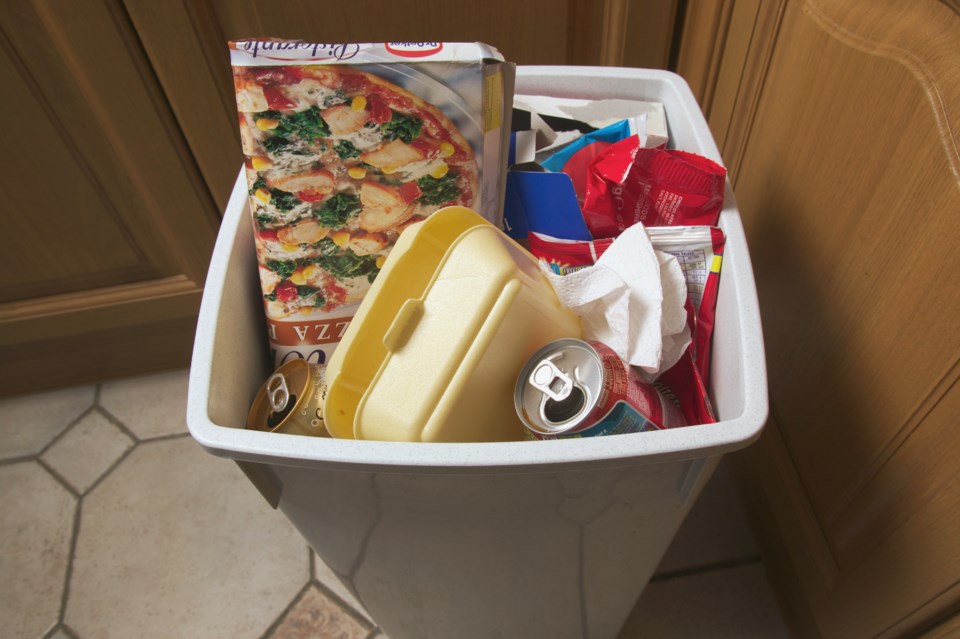Officials want to expand the city’s solid waste services program to meet the needs of a growing Longmont and may start with a universal recycling ordinance to stop the flow of household and business byproducts into local landfills.
The proposed ordinance would spark analysis of the economic impacts of bolstering trash and recycling services in an era in which budget restraints are not meeting the demands of the public, Bob Allen, Longmont’s director of operations for Public Works and Natural Resources, told city council last week.
“We would be able to have the right conversations about the program,” Allen told council.
City Councilmember Susie Hidalgo-Fahring asked staff to draft an ordinance for introduction and study early next year. She and other council members agreed a bold step is needed to push waste services in Longmont into the future.
“Let’s go ahead and take an aggressive approach,” Hidalgo-Fahring said. “Right now, it’s the low-hanging fruit to get things going.”
Implementing policy changes — including a universal recycling ordinance — was part of a long list of changes to Waste Services program offered by residents. Their wishes were presented to council last week as part of a long-range study of local waste disposal and recycling.
Other suggestions included:
- Creating more options for multiple recycle containers and different sized compost containers.
- Including composting fees in all trash subscriptions and including all qualifying multi-family accounts.
- Supporting development of a Boulder County compost facility/transfer station.
- Creating more local options for hard-to-recycle items, particularly electronics.
- Creating more large-item disposal options.
- Increasing the waste management fee to pay for more programs.
- Developing a larger Waste Disposal Center with more hard-to-recycle options including electronics, mattresses, furniture, concrete, asphalt, lumber, pallets and drywall.
Residents also want the expansion of the composting program to include all residential trash customers and for the city to create “disincentives” for using plastic bags, Allen said.
The last time city council reviewed the Waste Services program was in 2010, he stated in his report. Since then, there has been a decline in recycling markets while growth in Longmont has created problems in delivering some waste services, Allen stated.
There is now more focus on environment and sustainability programs. Meanwhile, the city has added a voluntary composting program and a “pay-as-you-throw” rate structure based on how much waste residents put out for collection.
Those changes helped Longmont achieve one of the highest diversion rates in the state — the percentage of solid waste kept from local landfills — at 35%, according to a white paper from Waste Services presented to council.
Longmont can still do much better, states the white paper, which also includes a warning about growth and budgetary constraints.
“Much of the solid waste generated in Longmont today and dumped to landfills can be reused via recycling and composting,” the white paper states. “From a planning perspective, conveniently located landfill space is projected to shrink as Colorado’s population continues to grow.”
“Despite growth, the addition of more variety of waste services to the Longmont community alone is generally not feasible,” the white paper states.


